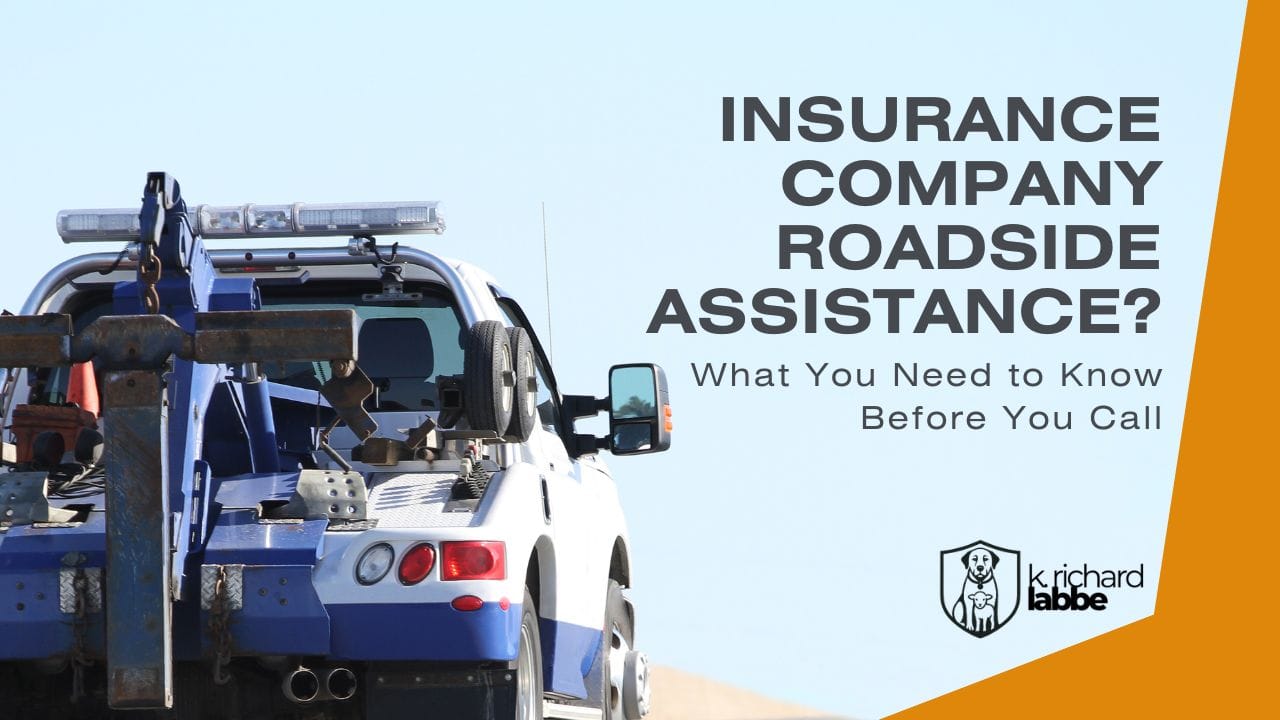Should You Use Insurance for Roadside Assistance? What You Need to Know Before You Call
Using your auto insurance for roadside assistance might quietly count as a claim—raising your rates later. Discover safer, smarter options like AAA, cell phone perks, credit card benefits, and local services.

What seems like the simplest solution can quietly cost you more than you think.
You’re stuck. A dead battery. A flat tire. Locked out of your car in a grocery store parking lot. And in that moment of frustration, it’s tempting to call your auto insurance company—they offer roadside help, after all. But here’s the part most people never hear until it’s too late: that quick call might count as a claim. And even though it’s not an accident or major event, it can quietly impact what you pay in the future.
Most insurance companies track every time you use their roadside assistance benefit. It might not show up like a collision claim would, but it’s often noted on your account. If you use it multiple times in a year—especially for something like towing—your insurer may start to see you as a higher risk. That can lead to higher premiums at renewal. And if you shop for a new policy down the road, those “minor” service calls may travel with your file and affect what another company is willing to offer.
That doesn’t mean roadside assistance through your insurer is bad or wrong. Sometimes it’s absolutely the right call—especially in a real emergency. But it’s worth thinking ahead and having alternatives ready for those situations where you’re not in danger, just inconvenienced.
Why a Separate Roadside Plan Might Be the Smarter Option
One of the safest ways to protect both your vehicle and your wallet is to sign up for a standalone roadside service. A classic example is AAA, which has long been a favorite for drivers who want peace of mind without involving their insurance company. Depending on your membership level, you can get help with towing, lockouts, battery issues, fuel delivery, and even travel discounts. And most importantly, it won’t show up on your insurance record.
Another lesser-known option is roadside coverage through your cell phone provider. Some carriers offer this as an add-on, but others go even further. For instance, many T-Mobile customers—especially those on Magenta or Go5G plans—can claim a free year of AAA Basic or Classic membership. That gives them access to 24/7 roadside help without touching their insurance at all. It's a quiet benefit, but one worth activating if you're eligible.
You might also check whether any of your credit cards offer roadside services. Some do, especially travel-focused cards. They often provide pay-per-use help at a flat fee, separate from your insurance. I recently used this option with great results.
And finally, in lower-stakes situations—like needing a short tow or a jumpstart near home—it may be worth simply paying out of pocket. Many local mechanics or mobile services charge a flat rate. Yes, you’ll spend a little upfront, but you’ll preserve a clean insurance record, which could save you far more over time.
So When Should You Call Insurance—and When Shouldn’t You?
If it’s your first time using the service and you’re truly stranded, it’s okay to call. That’s what it’s there for. But if you’ve used it once or twice already in the past year, or if you’re dealing with a fixable inconvenience—not an emergency—take a breath and consider other options.
Think of it this way: just like you wouldn’t file a homeowner’s insurance claim for a squeaky door hinge, you don’t want to lean on auto insurance for every roadside hiccup. Not because it’s wrong, but because it can quietly cost you later.
A Better Way to Be Ready
Roadside problems will happen. That’s life. But they don’t all have to become insurance events. With a little planning—an auto club membership, a cell phone perk, a saved local tow number—you can get help when you need it without complicating your risk profile.
Preparedness isn’t just about having jumper cables or a spare tire. It’s about making choices that keep you safe and financially secure—even when the unexpected hits.
Do This Today: A Quick Readiness Checklist
- Look up your current roadside coverage. Is it through your insurer? How often have you used it?
- If you’re a T-Mobile customer, check to see if you’re eligible for a free AAA membership.
- Consider signing up for a standalone roadside service like AAA (especially if you drive an older car or travel often).
- Save a trusted local mechanic or towing company in your phone’s contacts.
- Talk with your insurance agent. Ask how roadside calls are recorded and whether they affect your rate.
- Share this article with someone you love. You might save them from an unnecessary insurance hike.
Stay safe. Be ready. Online and off.
Disclaimer:
Every effort has been made to ensure the accuracy and reliability of the information presented in this material. However, Labbe Media, LLC does not assume liability for any errors, omissions, or discrepancies. The content is provided for informational and educational purposes only and should not be considered professional advice. Viewers are encouraged to verify any information before making decisions or taking actions based on it.
